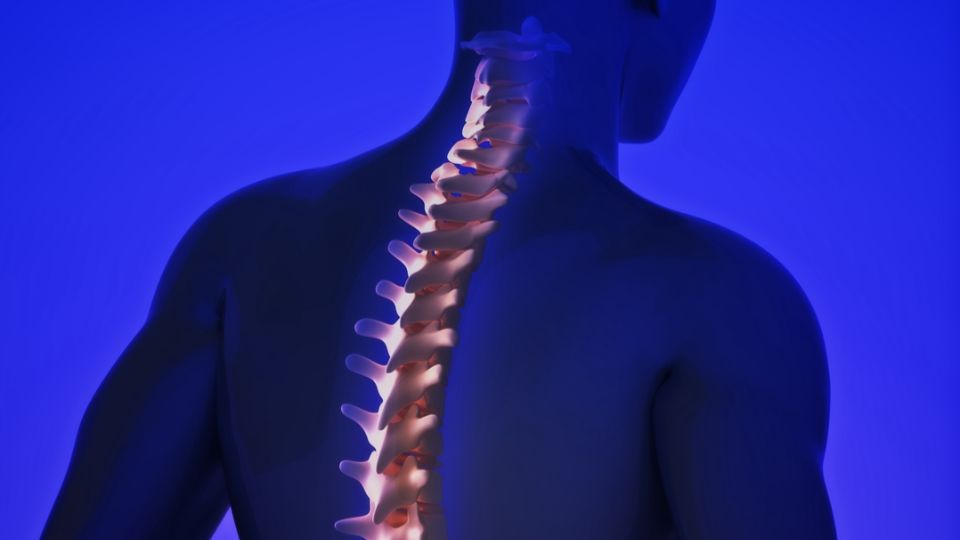Who Is a Good Fit for Kyphoplasty?

Kyphoplasty, a minimally invasive procedure, offers hope for those suffering from painful vertebral compression fractures. This article seeks to identify ideal candidates for kyphoplasty, exploring medical criteria and personal considerations that determine suitability for this life-altering treatment.
Understanding Vertebral Compression Fractures
Vertebral compression fractures involve small breaks in the spinal vertebrae, particularly in the vertebral body, the front, rounded part of the bone. These fractures can weaken and collapse the spine, leading to a forward-curving posture or kyphosis. Commonly occurring in the thoracic spine, they are often caused by osteoporosis, trauma, or spinal tumors.
What Is Kyphoplasty?
Kyphoplasty is a remarkable treatment for vertebral compression fractures. It is a minimally invasive procedure aimed at providing immediate pain relief and enhancing mobility.
The process involves making two small incisions near the affected vertebra. Through these incisions, a thin tube is inserted into the vertebra, and a balloon is expanded to restore the height of the vertebra. After removing the balloons, a special medical cement is injected to fill the space and stabilize the vertebra.
Ideal Candidates for Kyphoplasty
Several factors determine the suitability for kyphoplasty. These include:
- Severe and Chronic Pain: If you are experiencing intense pain due to a vertebral compression fracture, kyphoplasty could be a viable option. Kyphoplasty is known for its effectiveness in reducing pain and improving the quality of life.
- Recent Fracture: Kyphoplasty is most beneficial when performed within 6–8 weeks of the fracture occurrence. This timing is crucial to prevent further complications and restore mobility.
- Osteoporosis: Osteoporosis, a condition that weakens bones, is a common cause of these fractures. Kyphoplasty can be especially beneficial for patients with osteoporosis, helping reduce the risk of further damage.
- Limited Mobility: If your mobility is compromised due to the fracture, kyphoplasty can help. Stabilizing the spine and restoring vertebral height helps in regaining movement and reducing pain.
Who Is Not a Candidate for Kyphoplasty
However, kyphoplasty is not suitable for everyone. Patients with stable fractures or mild pain might find more benefit in conservative treatments. Kyphoplasty is tailored for more severe cases where pain and immobility significantly impact the quality of life.
There Is a Remedy for Your Condition
If you are in or around Chicago and struggling with back pain due to a recent fracture or osteoporosis, Gateway Spine & Pain Physicians can help. As experts in pain management, we specialize in determining if you are a candidate for kyphoplasty. Do not let pain limit your life. Explore your options for kyphoplasty in Chicago with us and take the first step toward pain relief and enhanced mobility.
